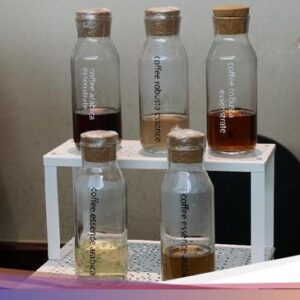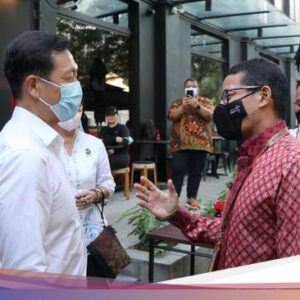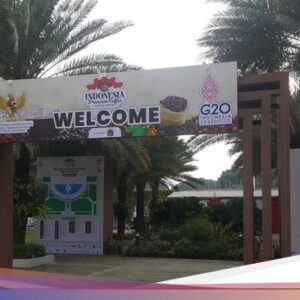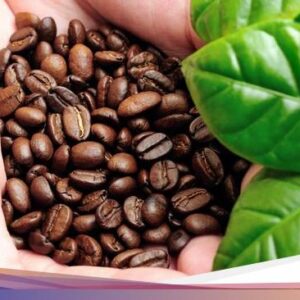Denpasar –
Coffee is produced in various regions with different climatic and soil conditions, resulting in coffee with its own unique qualities. Of the many coffees produced in Indonesia, there are some that are called the best.
Here are the nine best types of coffee in Indonesia summarized from various sources:
1. Aceh Gayo Arabica Coffee
ADVERTISEMENT
SCROLL TO CONTINUE WITH CONTENT
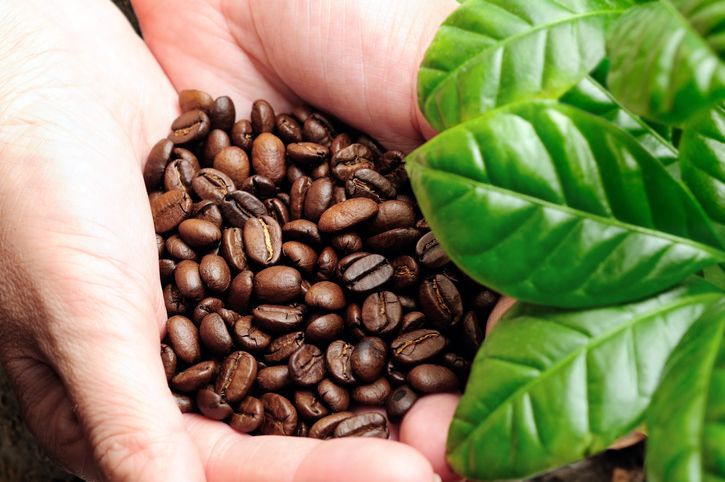 Aceh Gayo Coffee Beans are Now Popular in the World Photo: Getty Images/iStockphoto/Narong KHUEANKAEW Aceh Gayo Coffee Beans are Now Popular in the World Photo: Getty Images/iStockphoto/Narong KHUEANKAEW |
Gayo coffee is usually grown in the Gayo area, Central Aceh. This coffee has a taste that is not too bitter with a touch of sweetness, nutty, and tends to be buttery. The aroma of this coffee is also very intense, namely the distinctive aroma of fragrant spices.
2. Kintamani Arabica Coffee
Kintamani Arabica coffee comes from Kintamani subdistrict, Bangli. It has a very unique sweet, fruity, floral, chocolaty, fresh and caramel taste. Apart from that, this type of coffee has a low acidity level with a slightly spicy aroma of spices.
3. Wamena Papua Coffee
Papua Wamena Coffee comes from the Wamena area, Papua. Generally, this coffee has a characteristic soft taste consisting of fresh fruit flavors such as strawberries and blueberries, chocolate and a slight floral taste. The aroma itself is very strong and fragrant. Apart from that, this coffee has a balanced acidity level.
4. Riau Liberika Coffee
This coffee is known as ‘ngongko coffee (jackfruit)’ and is grown in the Jambi and Bengkulu areas. Different from other types of coffee, Riau Liberica coffee has a unique taste with a distinctive jackfruit aroma. The coffee beans are also larger than Arabica coffee beans.
5. Mandailing Arabica Coffee
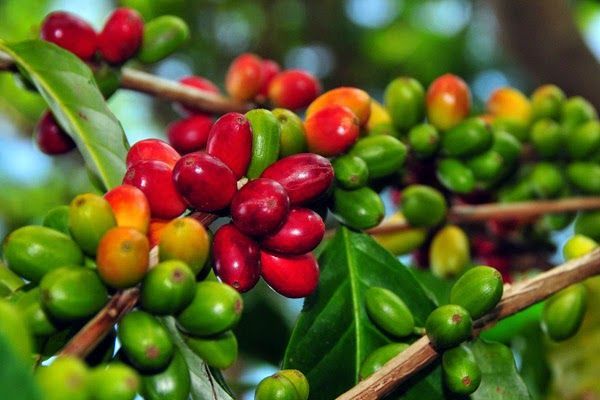 Mandailing coffee Photo: Special Mandailing coffee Photo: Special |
Mandailing coffee comes from North Sumatra, precisely in Mandailing Regency, Sumatra. The name Mandailing coffee comes from the name of one of the oldest tribes in Indonesia.
This coffee has been known since 1800. Mandailing Arabica coffee has a number of advantages, namely high quality, has a fairly low acidity level, and has a unique coffee aroma that tends to be fruity, floral and spicy.
6. Lampung Robusta Coffee
This coffee is produced from the Coffea Canephora plant which is known to have a strong taste. Robusta coffee has a very strong bitter taste and the fruit contains a lot of caffeine.
7. Toraja Coffee
Toraja coffee is grown in mountainous areas at an altitude of 1,400 to 2,100 meters above sea level in the Sesean Mountains, Toraja, South Sulawesi. Toraja coffee has two variants, namely Arabica and Robusta.
Toraja Arabica coffee has a fairly low acidity level with a distinctive taste of spices such as peanuts, cinnamon, ginger and black pepper.
8. Luwak Coffee
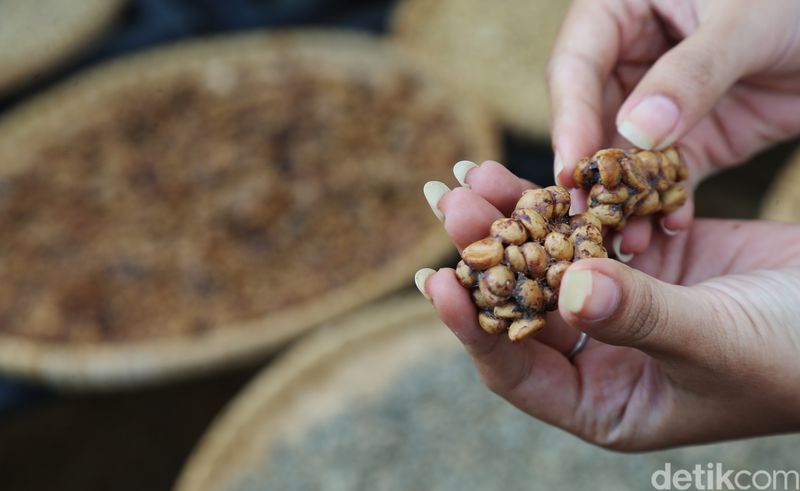 Luwak coffee is famous in various countries. The specialty of this coffee is not only the process of making it, luwak coffee is even called the most expensive coffee in the world Photo: Dikhy Sasra/detikcom Luwak coffee is famous in various countries. The specialty of this coffee is not only the process of making it, luwak coffee is even called the most expensive coffee in the world Photo: Dikhy Sasra/detikcom |
Kopi Luwak Coffee originates from the islands of Java and Sumatra in Indonesia. Different from other coffees, Luwak coffee has a longer production process because it has to be produced from the digestive remains of civet animals.
Coffee beans are given to the civet to eat, after the coffee beans are digested and enter the civet’s stomach, a chemical treatment and fermentation process will occur.
After going through the digestion period, the coffee beans that are still intact will be collected and then cleaned, roasted and ground like the process of making coffee powder. Due to its unique processing process, Luwak coffee has a rich and heavy taste with hints of caramel and chocolate.
9. Flores Bajawa Coffee
Flores coffee is grown in the Ngada area, Flores, East Nusa Tenggara (NTT). This coffee has a sweet taste with a sensation of nuts, caramel and chocolate. Apart from that, this coffee also has a unique aroma, namely the aroma of flowers, caramel, nuts and tobacco.
This article was written by Ni Wayan Santi Ariani, a participant in the Merdeka Campus Certified Internship Program at detikcom.
This article was published on detikbali with the title “9 Best Coffees in Indonesia, Which is Your Favorite?”
(sob/adr)

